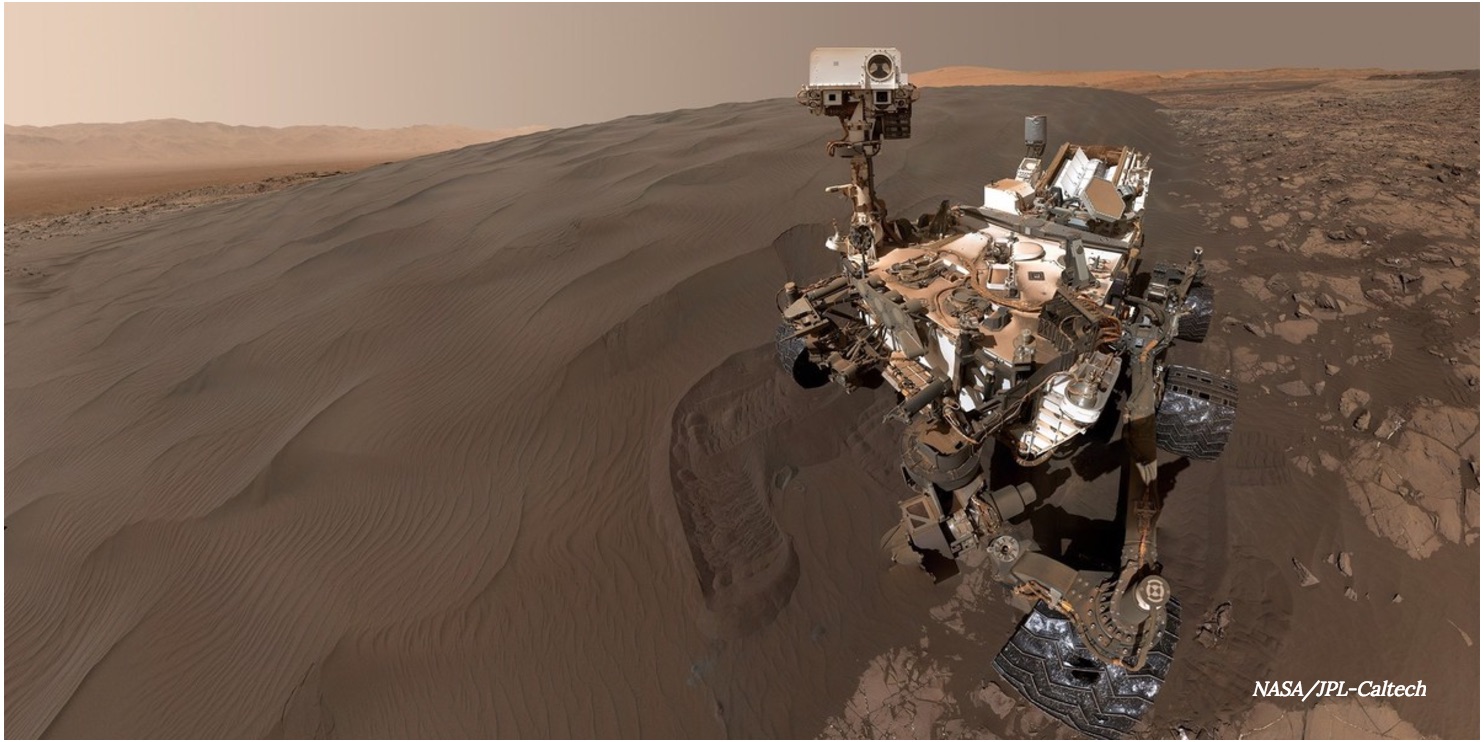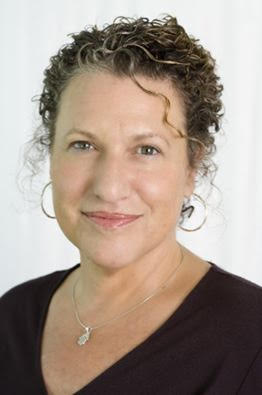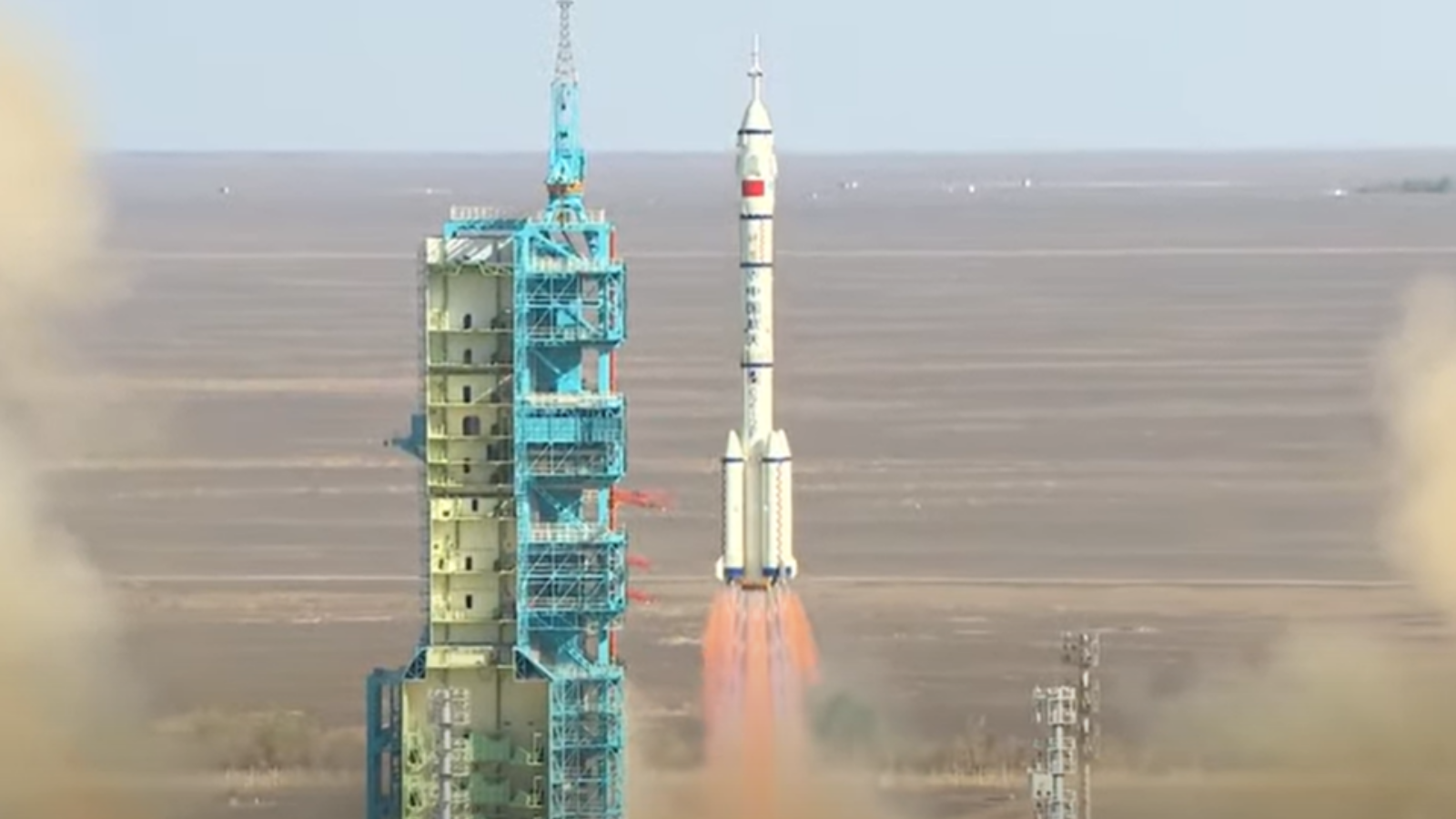Curiosity Finds Mars May Be Covered in Organic Materials

New analysis from NASA's Mars Curiosity rover shows that the red planet is likely flush with organics.
"I am convinced that organics are all over Mars," said Jennifer Eigenbrode, a biogeochemist and geologist at NASA's Goddard Space Flight Center in Greenbelt, Maryland.
"They're all over the surface and they're probably through the rock record. What that means is something we'll have to talk about," Eigenbrode said last week during a National Academy of Sciences workshop about the search for life beyond Earth.
Scientists on Tuesday will present additional findings from Curiosity, which four years ago landed on Mars, the planet most like Earth in the solar system, to explore a mountain of sediments rising from the center of a 96-mile wide impact crater.
The rover quickly accomplished the primary goal of its mission, which was to determine if Mars ever had the chemical ingredients and suitable environments to support microbial life.
RELATED: Curiosity's Mars Drill Is Jammed
With strong evidence that Mars indeed was habitable at some point in its past — and may still be so today — scientists began using the rover to learn more about possible niches for life and how evidence of it might be preserved.
Breaking space news, the latest updates on rocket launches, skywatching events and more!
A key part of the search focused on organics, a quest that has led to the surprising discovery that organic matter may be widely distributed on Mars.
"To me this is the biggest take-home message. Four years ago, we would never have said this," Eigenbrode said.
Scientists don't know the source of the organics, nor how the material has managed to survive in the harsh radioactive environment on Mars. It was found in samples drilled out from rocks and chemically analyzed.
Whether biological or geologic in origin, a rich supply of organics has implications not only in the search for past life, but also in supporting future endeavors, such as farming.
"That organic matter could be really important," Eigenbrode said. "The door is really open here to an expanded habitability potential."
In related research, California Institute of Technology geologist John Grotzinger, said Curiosity, which has been slowly making its way up Mount Sharp, has found multiple examples of primary igneous minerals being altered.
RELATED: Curiosity Confirms Organics on Mars
"What this is telling us is that that sedimentary basin is a chemical reactor, that those primary igneous minerals are being converted under different chemical circumstances into different minerals," Grotzinger said during the National Academy of Sciences workshop. "We're not sure what all this means, but it's pretty exciting for habitability."
The Curiosity team also has made progress on locating potential types of rocks that could preserve evidence of past life. The most promising find, according to Grotzinger, has been a silica-rich rock which is chemically similar to early rocks on Earth that have been found to contain fossil cells.
"Silica is the great material on Earth that survives everything," Grotzinger said. "If you have it precipitate early on, it is capable of preserving the things you're most interested in and apparently Mars is making this stuff."
As Curiosity has climbed Mount Sharp, it also has discovered increasingly enriched concentrations of boron inside rock fractures. On Earth, boron is tied to the formation of ribose, a key component of RNA.
"We haven't found any boron-bearing minerals yet, so we need to be a cautious on that one, but it's pretty tantalizing," Grotzinger said.
Scientists plan to present new results from the Curiosity mission at the American Geophysical Union conference, being held this week in San Francisco.
Originally published on Seeker.
Join our Space Forums to keep talking space on the latest missions, night sky and more! And if you have a news tip, correction or comment, let us know at: community@space.com.

Irene Klotz is a founding member and long-time contributor to Space.com. She concurrently spent 25 years as a wire service reporter and freelance writer, specializing in space exploration, planetary science, astronomy and the search for life beyond Earth. A graduate of Northwestern University, Irene currently serves as Space Editor for Aviation Week & Space Technology.
